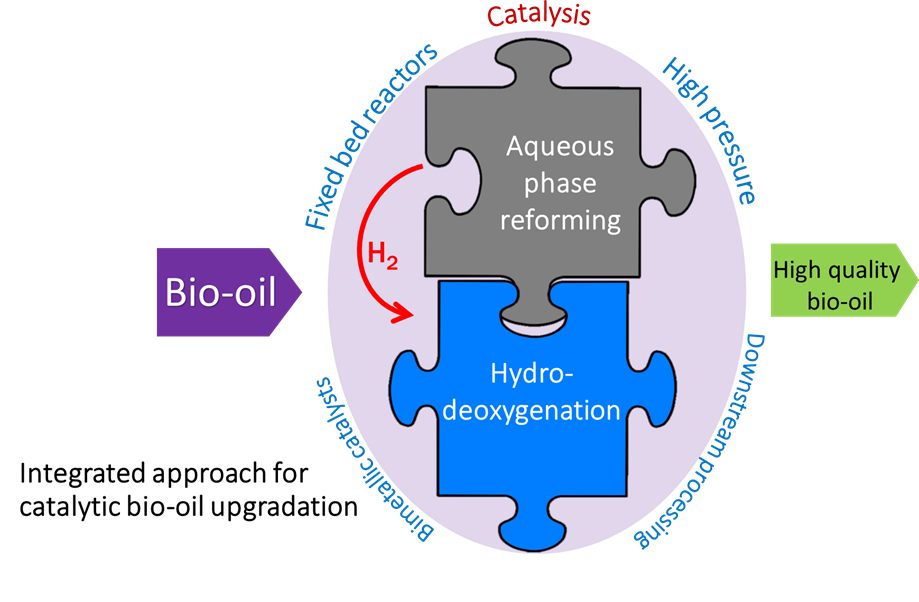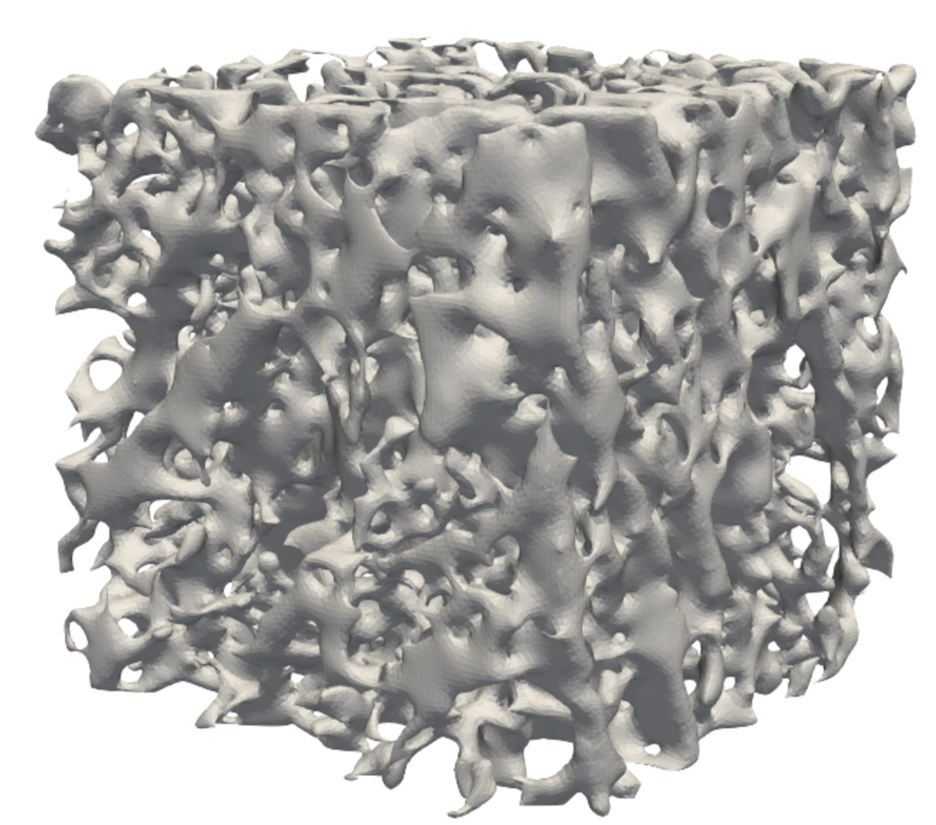2023 Indian Institute of Technology Delhi & TU Delft Collaborative Research Call
We are happy to announce that 5 projects have been awarded the 2023 Indian Institute of Technology Delhi & TU Delft Collaborative Research Call seed funding. These grants foster scientific and technological cooperation between researchers at our two institutions and thus our strategic partnership. The TU Delft & IIT Delhi call funds the initial phase of joint international research collaborations with clear expectations that the researchers will submit a follow-up research proposal that continues the research started and consolidates the research partnership.
In 2022, the first edition of the call was launched with projects funded in such domains as clean energy & decarbonization, lunar rovers, climate policy models, green hydrogen, water desalination & purification, and organic agriculture.
The 2023 grantees are:
Self-supervised learning for Plastic Hotspots Identification from Satellite Images - Dr. Sudipan Saha (IIT Delhi) and Dr. Riccardo Taormina (TU Delft)
Plastic pollution of water bodies, such as oceans and rivers, is a global environmental problem. The SPIHSI project leverages AI to identify and track plastic pollution hotspots in water bodies from available satellite imagery. We aim to develop image segmentation methods based on self-supervised learning for the automatic recognition of the hotspots, as well as new unsupervised change detection techniques for continuous change detection of polluted sites
Bio-oil upgradation to fuel range hydrocarbons via intergated hydrodeoxygenation and aqueous phase reforming – Prof. Sreedevi Upadhyayula (IIT Delhi) and Dr. Atul Bansode (TU Delft)
his project will investigate the catalytic aqueous phase reforming of organic molecules (alcohols, acid etc.,) that are typically present in the bio-oil to generate the hydrogen. The in situ generated hydrogen will then be utilized for hydrotreating reactions, enhancing the quality of bio-oil. By adopting innovative downstream processing techniques, this research endeavors to create sustainable and high-quality fuel streams from biomass, while minimizing waste and fostering circular solutions for a seamless energy transition.
Digital Twin-Enabled Optimization of Electric Vehicle Battery Pack Housing Manufacturing (BatHMan) - Dr. Abhishek Das (IIT Delhi) and Dr. Marcel Hermans (TU Delft)
This project aims to optimise manufacturing processes by use of data-driven models (digital twin) to derive welding parameters for lightweight aluminium battery pack housings, ensuring mechanical integrity with reduced thermal distortion and residual stresses.
Wave propagation characteristics of bone – Dr. Rajan Prasad (IIT Delhi) and Dr. Sid Kumar (TU Delft)
In a broad sense, this project aims to address the growing concern of bone diseases in the aging population of the Netherlands and the young population of India by studying the biomechanical behavior of bone. More specifically, the project focuses on investigating the wave propagation characteristics of bone microstructure (particularly in long bones) to better understand its mechanical properties, which could lead to development of novel diagnostic tools and therapies for managing and preventing bone diseases.
Experimental characterization of the multi-scale deformational behaviour of lab-scale analogues of a jointed rockmass – Prof. Deepanshu Shirole (IIT Delhi), Dr. Auke Barnhoorn (TU Delft) and Dr. Debanjan Chandra (TU Delft)
In this collaborative project between IIT Delhi and TU Delft we are planning to image and characterize the cracks and other damages structures in different type of rock samples that we place inside a loading machine and put them under stress. We aim to see how a sample that is already damage will change due to stress with respect to intact samples which are then stressed. The difference in structure between the two types of samples can tell us something on have repeated stress/fatigue will affect rocks and materials. The loading experiments will be performed in IIT Delhi and the imaging of the samples will be done at TU Delft with our high quality microCT scanners.



